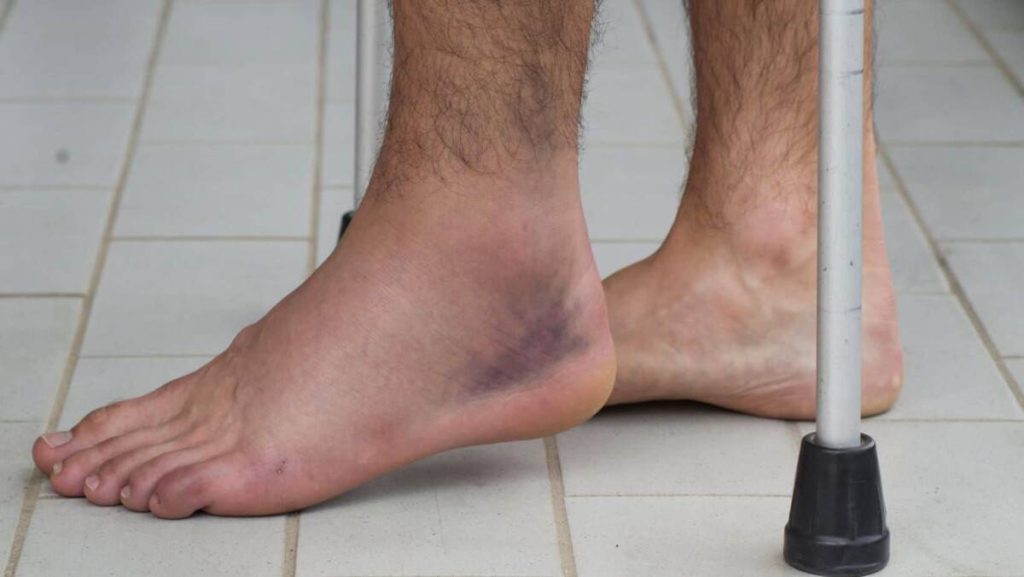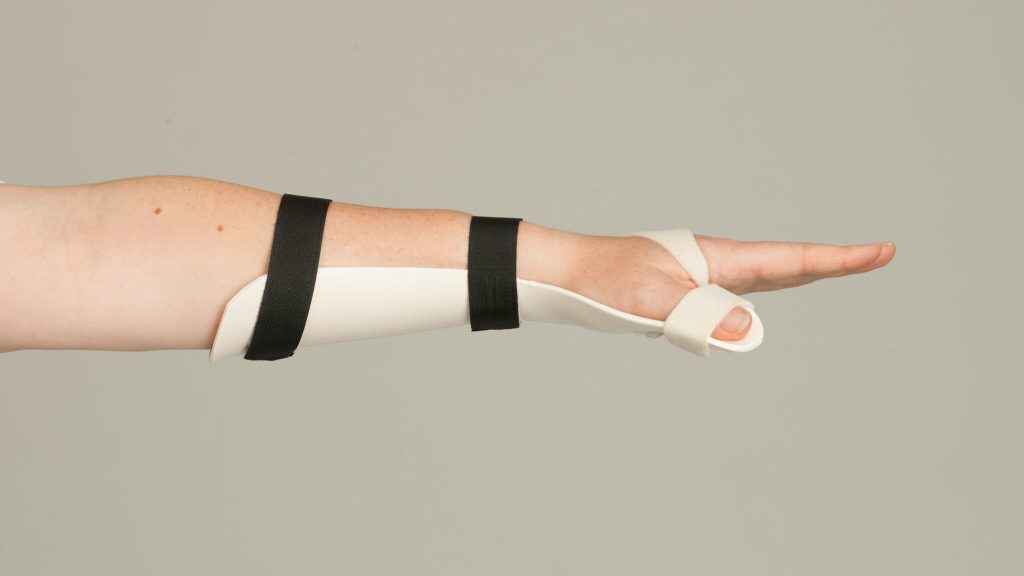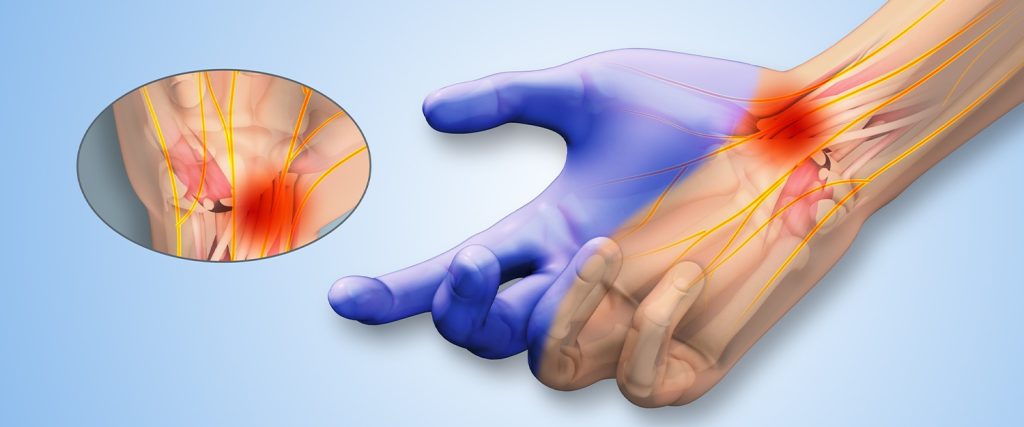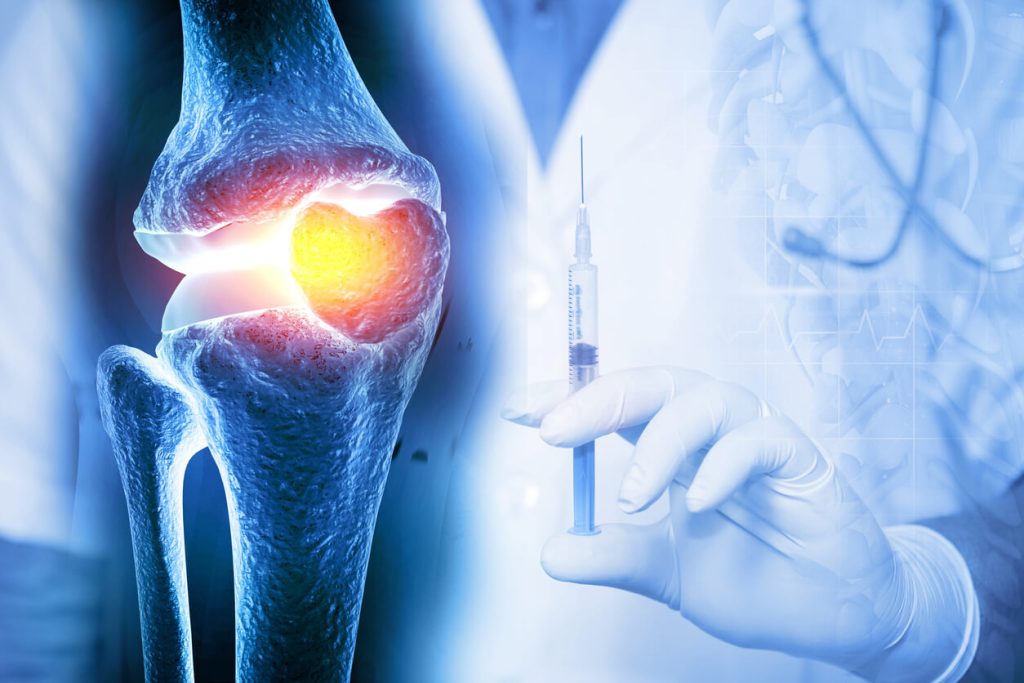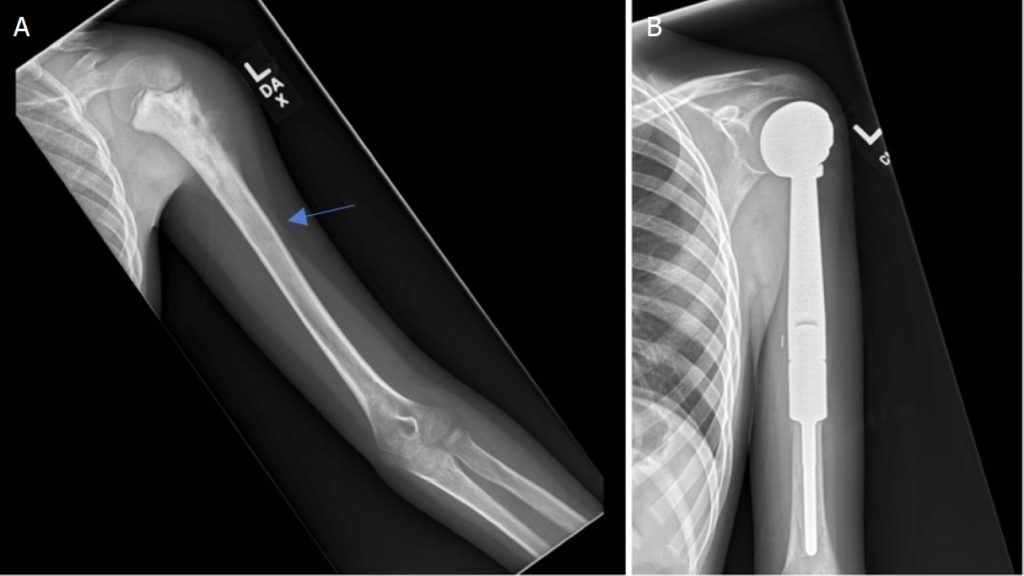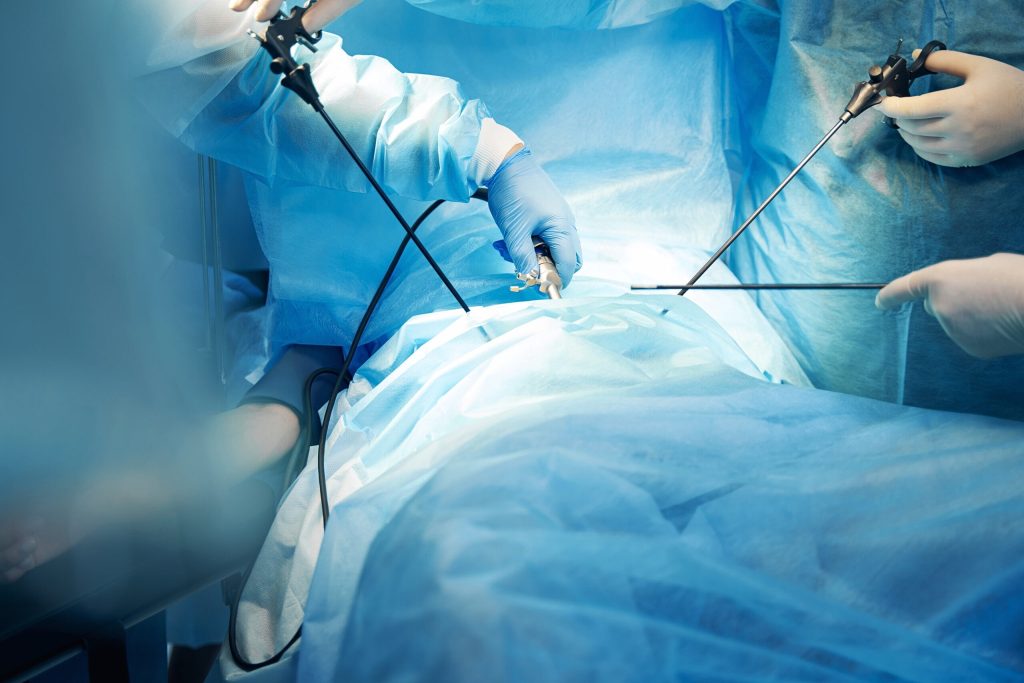Managing Sciatica With Orthopedic Treatment
Many people first experience sciatica as a sudden pain that travels sharply from the lower back down the leg, creating a surprising level of discomfort that interrupts walking, sitting or even simple movements. Some describe it as a bolt of electricity, while others feel a deep ache that refuses to fade, and this variety often…
Read more


